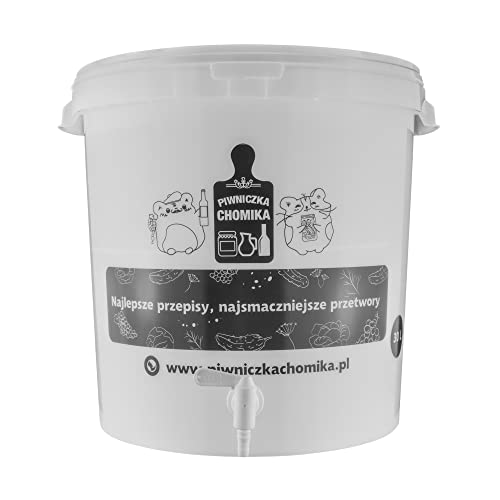Hi all, I have a klarstein mundschenk 30l all in one system that I'm having trouble with the mash compacting so badly the wort is almost cold by the time I've sparged.
I'm wondering if anyone has any technique tips to stop this. I've tried not putting the top plate on but all that happened then was it compacted anyway and when I wasn't looking grain started going through the overflow. I've tried stiring the mash occasionally but that also seems to allow too much through the mesh into the wort. I've tried slowing the pump but eventually it's pretty obvious there's almost no flow through the grain and it just ends up overflowing again or worse running the bottom dry.
I'm aware of using rice hulls which I will order for my next batch but I'm not sure how much of them to use.
So any general tips on mashing in etc are welcome
I'm wondering if anyone has any technique tips to stop this. I've tried not putting the top plate on but all that happened then was it compacted anyway and when I wasn't looking grain started going through the overflow. I've tried stiring the mash occasionally but that also seems to allow too much through the mesh into the wort. I've tried slowing the pump but eventually it's pretty obvious there's almost no flow through the grain and it just ends up overflowing again or worse running the bottom dry.
I'm aware of using rice hulls which I will order for my next batch but I'm not sure how much of them to use.
So any general tips on mashing in etc are welcome










































![BREWING THERMOMETER STICKERS ACCURATELY MONITOR FERMENTING BEER & WINE LIQUID TEMPERATURES 5PCS HOME BREW SPIRITS WINE LCD ADHESIVE [US]](https://m.media-amazon.com/images/I/311DDjo2X3L._SL500_.jpg)